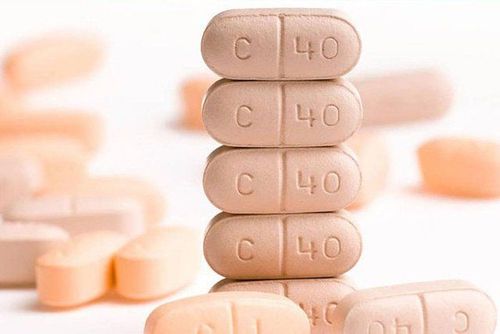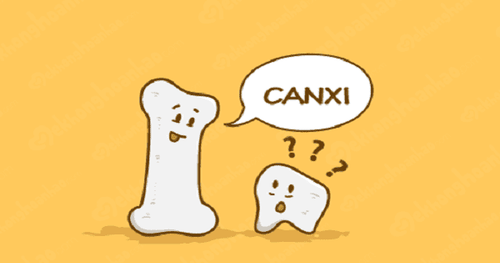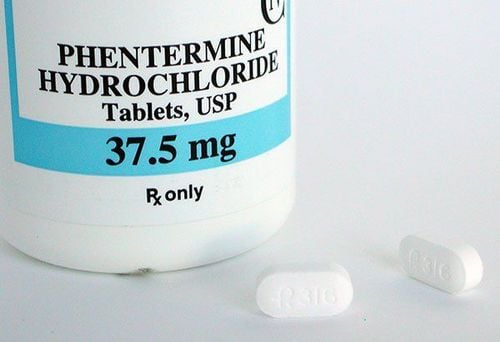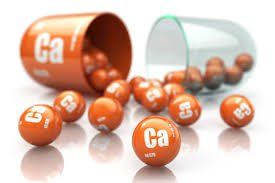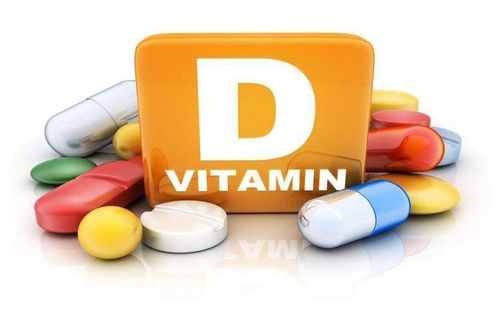This is an automatically translated article.
Building strong bones at a young age is an important premise to help prevent bone problems later on. There are many things parents can do to make their kids' bones stronger and more flexible, such as exercising or eating right.
1. Overview of the human skeletal system
Normally, the skeletal system helps support the body and facilitates better coordination of motor functions. Besides, a strong skeletal system also plays an important role in protecting the brain, heart and other organs in the human body from harmful agents.
Bone is a continuously growing living tissue, composed mainly of 2 main materials, including collagen (KOL-uh-juhn - a protein that provides a soft framework for bones) and calcium (KAL-see-uhm) – a mineral that adds strength and stiffness to bones). The combination of these two substances helps keep bones strong and ensures enough flexibility to withstand the effects of stress on the bones.
Furthermore, bones also release calcium and some other essential minerals when our bodies need them for certain purposes.
2. How does the human skeletal system develop?
Think of your skeletal system as a “bank” where you “deposit” and “withdraw” bone tissue. During childhood and adolescence, bone tissue is added to the skeleton at a faster rate than old bone tissue breaks down. This helps children's bones to become larger, denser and heavier.
For most people, bone formation continues at a faster rate than bone breakdown until around age 20. From the age of 30 onwards, bone loss can start to happen more quickly. If the formation of new bone tissue does not keep up with the breakdown of old bone tissue, there is a high chance that you will face early osteoporosis as you age.
Osteoporosis can cause bones to become weak and break easily. People with osteoporosis often experience fractures mainly in the spine, hips, and wrists. Fractures in these areas can be very painful and make it difficult to walk and perform daily activities.
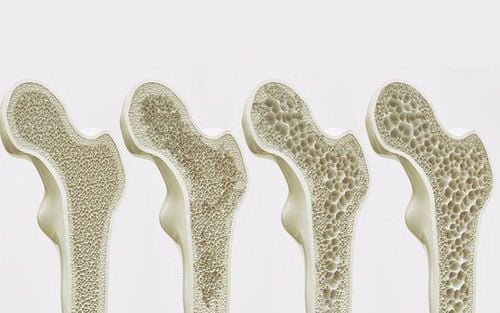
Quá trình tạo xương chắc khỏe cần có thời gian và sự thay thế của các mô xương
3. Why should take care of bone health from a young age?
Many people have the misconception that only elderly people have to worry about bone and joint problems. In fact, children's bones also need to be focused and protected from the beginning to avoid risks such as osteoporosis or fractures in old age.
Children's bones when taken care of properly during childhood and adolescence can create the best conditions for the skeleton to develop comprehensively. This also helps bones have a certain strength and flexibility, contributing to slowing down the process of bone density loss when you turn 30 and beyond.
4. What parents need to do to build a strong bone system for children?
According to experts, building a strong bone system right in childhood is a good start, helping to protect bones from the risk of damage later. Parents can do the following to help their children have a healthy bone and joint system, including:
Supplementing children with calcium-rich foods
Calcium is a mineral that plays a very important role in building strong bones. We can find calcium mainly in dairy products, seeds, green vegetables and beans. In addition, it is also present in some other foods such as orange juice and cereals.
To help children supplement calcium adequately for bones and body, you should encourage your child to eat the following calcium-fortified foods, specifically:
Milk: You should give your child milk according to the portion recommended by experts. age-based nutrition. For babies and young children should drink about 2-3 servings of low-fat milk per day. Older children may need up to 4 servings of low-fat milk per day. Replace regular foods with foods high in calcium: For example, almond butter in place of peanut butter, or calcium-fortified orange juice in place of regular juice. Provide the necessary amount of vitamin D for children
Vitamin D is known for its role in helping the body absorb calcium better. However, the current situation, most children do not consume a lot of foods containing vitamin D. Therefore, providing this vitamin for children at an early age is essential to help children have a strong bone system. strong .
Even babies need vitamin D supplements, unless they get at least 32 ounces of formula a day. To ensure adequate vitamin D intake for children, you should consult a doctor or nutritionist for the best measure.
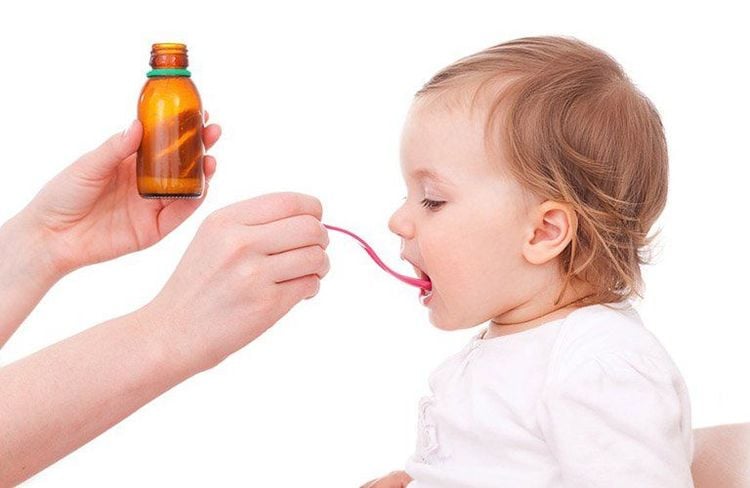
Để xương chắc khỏe, cha mẹ nên bổ sung vitamin D cần thiết cho trẻ
A simple way to help children enhance vitamin D synthesis and help the body absorb calcium better is to sunbathe. However, you need to let your child sunbathe with a suitable time, avoid exposing the child's skin to the sun for too long. This can increase the risk of skin cancer and premature aging in children.
In addition, you should also increase foods rich in vitamin D into your daily diet to help strengthen young bones. Good sources of vitamin D include fatty fish (sardines, herring, mackerel and salmon), egg yolks, beef liver, cereals and orange juice.
Encourage children to actively exercise every day
Human muscles become stronger when we exercise and use them regularly, and the same is true for children's skeletal system. Certain physical activities such as walking, jumping, jogging and climbing are especially good for building the musculoskeletal system.
These activities are also known as weight bearing activities, because they use muscle force as well as gravity to create pressure on the bones. This pressure will set the stage to help form stronger bones.
In addition, you should also encourage your child to regularly do other activities such as cycling and swimming. These are activities that do not create pressure and bear weight, not only good for overall health, but also help support increased flexibility and flexibility for bones.
Parents should also join their children in at least one hour of physical activity each day, which includes weight-bearing exercises, for the best bone health promotion.
Please dial HOTLINE for more information or register for an appointment HERE. Download MyVinmec app to make appointments faster and to manage your bookings easily.
References: niams.nih.gov, kidshealth.org



